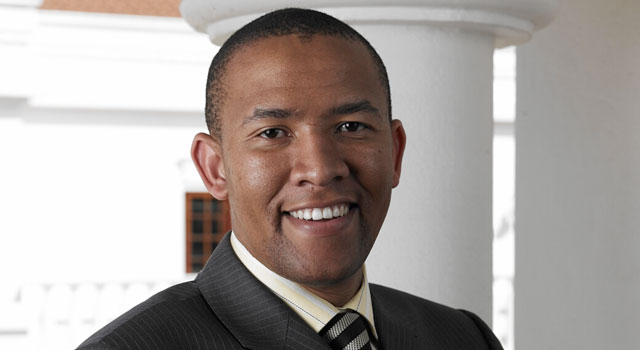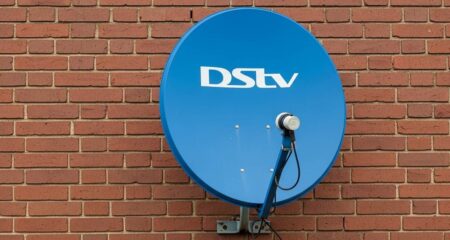
DStv operator MultiChoice, which is owned by media giant Naspers, has agreed to back a bid by a broad-based consortium wanting to buy into and rescue the financially troubled On Digital Media (ODM), owner of TopTV.
A broad-based consortium led by businessmen Given Mkhari of MSG Afrika Media and Malose Kekana of Falk Trading on Monday confirmed it had submitted a proposal to buy the troubled pay-television operator. (It’s one of two new bids that are on the table — the name of the second bidder is not known.)
The consortium, called Dynamic TV, says it approached MultiChoice South Africa for “enterprise development support to ensure the commercial sustainability of ODM”. At a meeting last Wednesday, 24 April, the board of MultiChoice approved funding of R500m to implement a “credible business rescue plan” and secure the “ongoing sustainability of ODM”.
“The loan is consistent with the objectives of enterprise development and meets the requirements of both the generic and ICT codes of good practice,” Dynamic TV says in a media statement.
“The Dynamic TV Consortium has the capacity, expertise, support, know-how and commitment to turn around the business of ODM. We believe that our plan represents a realistic opportunity to retain a South African-owned and operated pay-TV operator that would be commercially viable and complies with the regulatory framework of the country,” says MSG Afrika chief investment officer Andile Khumalo.
MSG owns other media assets, including radio stations Capricorn FM, which broadcasts to audiences in Limpopo, and Power 98.9 FM, which will be launched in Gauteng soon as a rival to Talk Radio 702 and Kaya FM.
The consortium’s approach to ODM, which was placed into “business rescue” in terms of the Companies Act last October, is the second investment offer shareholders of the troubled pay-TV operator have received. The other bid is from China’s StarTimes Communications Network Technology Co, which, under the South African constitution, may not, as a foreign entity, buy more than 20% of the equity of ODM.
According to Khumalo, the shareholding structure proposed by StarTimes “would appear” to circumvent foreign ownership restrictions set out in the Electronic Communications Act.
“StarTimes claims to enable 65% black shareholding, but with only a 20% black economic interest in the business,” Khumalo says. “This sophisticated version of ‘fronting’ undermines the strategic objectives of BEE (black economic empowerment) as it will probably not result in any meaningful value to the black shareholders. To further entrench this mirage, StarTimes refers to a new BEE partner but does not identify this partner, making it unclear and uncertain who the ultimate beneficiaries are.”
“Dynamic TV Consortium’s approach to the business rescue of ODM is informed by the strategic desire to promote a successful South African business, to support local manufacturers, distributors and installers, and to stimulate the independent production of locally developed, home-grown African content,” it says in the statement. “Having analysed ODM and the market, Dynamic TV believes there is a gap for another viable pay-TV operator. The business rescue plan is designed to be implemented in a way that promotes the developmental objectives of South Africa.”
The consortium says, too, that the total amount invested by South African development finance institutions and investors in TopTV is more than R1,4bn, while StarTimes has proposed to invest R98,4m to buy into the business. “This implies that the first R1,4bn in profits must be repaid to StarTimes and repatriated offshore, tax free, before local shareholders can benefit,” the statement says.
StarTimes could not immediately be reached for comment, but TopTV says the proposed investment from the Chinese company in the proposed business rescue plan is in excess of R1bn. — (c) 2013 NewsCentral Media




